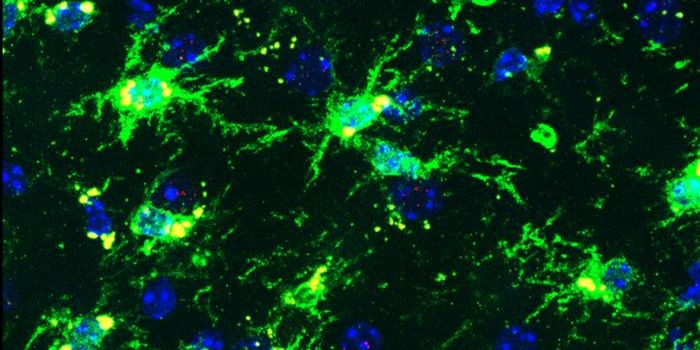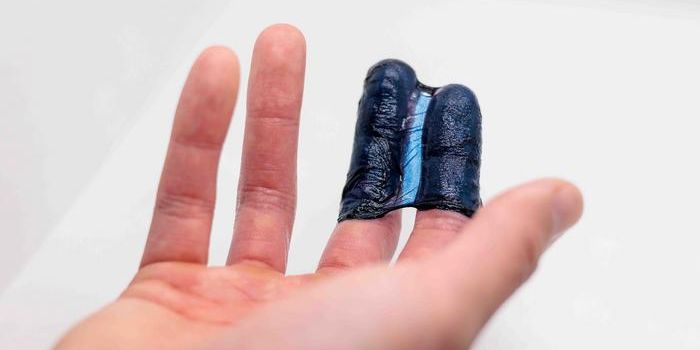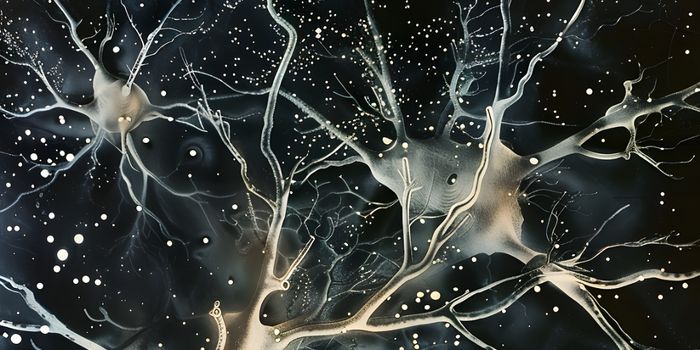Kabuki syndrome is a rare, multisystemic disorder that causes delays in growth, distinctive facial features, short stature, and various other symptoms including immunological and renal disorders. There are several genetic mutations that are known to lead to the disorder, some of which are known to occur in a gene called MLL4, also known as KMT2D. Reporting in Nature Communications, scientists have now learned more about the mechanisms underlying this disease.
The new study has suggested that MLL4 generates a protein that's involved in the production of a certain population of neurons that release a molecule known as growth hormone-releasing hormone (GHRH). A transcription factor, which helps control gene activity, known as NRF1 is involved in the process. These GHRH-producing neurons sit in a region of the brain called the hypothalamus.
When mice are engineered to have a non-functional copy of the MLL4 gene, their growth is stunted and there is a significant reduction in the number of GHRH neurons in the hypothalamus. When mice are engineered to carry a single functional copy of MLL4, there is a similar set of symptoms. Because GHRH neurons are also present in people, where GRHR also triggers the production of growth hormone in the pituitary gland, these findings could be illustrating what happens in Kabuki syndrome patients.
"Given our findings, inactivation of MLL4 is presumed to lead to a loss of GHRH-neurons, resulting in lack of typical growth in Kabuki patients," said co-senior study author Jae Lee, Ph.D., a professor of biological sciences at the University at Buffalo College of Arts and Sciences. "We also researched the epigenetic activity of MLL4, and our studies suggest that MLL4 could be a great epigenetic target molecule to treat various symptoms of Kabuki syndrome."
"This is the first study that demonstrates roles of MLL4 in fate determination of neuronal cell types during development, a significant advance in our efforts to understand how cell fates are determined epigenetically, an important question remaining to be answered in modern neurobiology," noted co-senior study author Seunghee Lee, associate professor of pharmacy at Seoul National University.
Research into rare diseases can provide new information about basic biology as well as having the potential to help patients and their families; effective treatments are usually created when scientists have a solid understanding of the biological causes of a disease.
This work also showed that small chemicals can mimic the actions of normal MLL4, and can help restore the normal production of GHRH neurons. Though there are already growth hormone therapies, this work could help improve other symptoms of Kabuki syndrome besides short stature.
"Kabuki syndrome has many other symptoms that are not treatable, and targeting the epigenetic activities of MLL4 could be a feasible strategy for treating other symptoms," Jae Lee said. "The principle we found -- dealing with the roles of the epigenetic activity of MLL4 in cell-type specification -- may apply to various symptoms."
Sources: AAAS/Eurekalert! via University of Buffalo, Nature Communications









